What is the Eurovision Song Contest?
Started way back in 1956 as a way of drawing a fractured Europe back together with the healing power of music, the Eurovision Song Contest, or Concours Eurovision de la Chanson – the contest is telecast in both English and French – is open to all active members of the European Broadcasting Union, which oversees the competition.
Each country is permitted to submit one three-minute song to the contest – a song which is selected by a variety of means, usually a winner-takes-all competition such as Sweden’s renowned Melodifestivalen – which their selected entrant performs in one of two semi-finals in the hopes of making it to the glittering grand final.
Only six countries have direct entry into the grand final:
- The Big Four who fund most of the contest – UK, Germany, France and Spain
- The host country (which is the winner of the previous year’s contest)
- Italy, who didn’t take part for many years and was re-admitted in 2011 after a 14 year absence (it was one of seven countries that competed in the first event), making the Big Four the Big Five. *
* this year it’s the Big Five with Italy also the host thanks to last year’s win in Rotterdam.
The winner is chosen by a 50/50 mix of viewer votes (you cannot vote for your own country) and a jury of music industry professionals in each country, a method which was chosen to counter the alleged skewing of votes based on political and/or cultural lines when voting was purely the preserve of viewers at home.
Past winners include, of course, ABBA in 1974 with “Waterloo” and Celine Dion who won for Switzerland in 1988 with “Ne partez pas sans moi”.Above all though, the Eurovision Song Contest is bright, over the top and deliciously camp, a celebration of music, inclusiveness and togetherness that draws annual viewing figures in the hundreds of millions.
FINLAND: “Jezebel” by The Rasmus
THE ARTIST
Chalking up 100 million streams on Spotify is a huge mark of success in anyone’s book.
So, on that basis alone, it’s entirely fair to say that The Rasmus, Finland’s representative for Eurovision 2022 is doing rather nicely, thank you, with the success of their song, “In the Shadows”, which was released when the streaming age was just a glimmer in some tech billionaire’s eyes, emblematic of a band that for nearly 30 years have delivered the music of this Scandinavian nation to the world.
Currently made up of Lauri Ylönen, Eero Heinonen, Aki Hakala and Emilia “Emppu” Suhonen, the band formed in 1994 at school – Ylönen and Heinonen remain from the original line-up in the roles of lead singer-songwriter and bass player respectively – The Rasmus has sold five millions albums worldwide, with 350,000 of those snapped up by eager Finns.
With decades of music making and success under their leather belts, what do they have to gain from entering Eurovision?
According to the group’s Eurovision bio, they see participating in the contest for Finland as a second coming of sorts, with this very Jesus-like act (listen to their song and that will make even more sense) a way to introduce Emppu, who has JUST joined the band, to the world.
But will the world care?
THE SONG
Quite possibly.
As a band with tons of experience in delivering startling good shows and songs that resonate with an international streaming audience, The Rasmus have got what it takes, on paper alone, to make their mark.
While “Jezebel” has some distinctive musical elements, and a tasty guitar solo that adds a catchy bridge near to the end of proceedings, it doesn’t standout out enough to really get noticed.
Very ’90s sound-wise, which make sense when you look at the years that formed the band’s trademark sound, the song really doesn’t rise up above that era, remaining a pleasant enough retro throwback without really taking any noticeable steps to anything new or original.
The Rasmus, while successful, will not be replicating the country’s success in 2006 when Lordi won the contest with “Hard Rock Hallelujah” and may have to be content with a semi-final appearance as this doesn’t feel like the kind of song that’ll catapult them into the grand final.
Still, who am I to argue argue 100 million streams and counting?
GEORGIA: “Lock Me In” by Circus Mircus
THE ARTIST
So, let’s start with the name since Circus Mircus is begging for some serious dissection even if the band’s moniker sounds inherently playful and entertaining.
Derived from the fact that the group was formed in the first year of the pandemic of 2020 by three local circus academy dropouts – most people drop out and run off to the circus but not these guys; their originality of approach to existential crises is refreshingly counter to the norm – Circus Mircus admitted to Eurovision that “We weren’t good enough, probably the worst in the crew, that’s why we became friends”.
Band origins and naming sorted, let’s deal with the music which is quirkily eclectic and reflects what their Eurovision bio says is a “complete neglect of musical frameworks.”
Eleven songs into their career, Circus Mircus are one of those bands that likes to buck the rules and not do or come up with the expected; will that stand them in good stead in a contest that often winningly embraces band that tilt a little to the left of normal?
THE SONG
It might just do that, and more.
It helps that “Lock Me In” is a brilliantly catchy piece of danceably light mischievous pop that urges that someone, anyone possibly, to “Take me to the spacecraft / Take me to dance club”.
With echoes of ’70s concept album dramatic rock, inventively playful vocals and a melody that veers from infectiously boppy to trippy jaunty, “Lock Me In” is deliciously, infectiously different and a little bit silly that succeeds because it takes the lyrics, music and singing seriously.
Do not mistake a bonkers piece of pop as not being artfully and carefully constructed; this is a song crafted well and with passion and it’s listenable as hell and should make for an arrestingly fun entry in the semi-final that should send Georgia into the grand final where it may not win but god you hope they might too …
IRELAND: “That’s Rich” by Brooke
THE ARTIST
A third place finisher on The Voice UK, Brooke Scullion or good old mononymic Brooke to those bopping along at home or before the stage, is a performing arts veteran, having performed in a number of school musical productions in her not-too-distant youth including Fame, Mamma Mia!, and Sister Act.
It makes sense that she would parlay all the drama and music from high school into studying drama at Ulster University at Magee, and while she is still working her day job as an estate agent, the aim, like it is for every aspiring creative type is to make beautiful music every single day.
According to her Eurovision bio, she cites “Måneskin (2021 winner) and Loreen (2012) as two of her favourite artists she has discovered through the Contest”, great picks if what you are looking for are original artists who take their distinctive vision, make some great music and all but ensure the world will watch.
But dreams are one thing and reality another – can Brooke not only elevate her own career aspirations but get Ireland back into the winning circle from which it has been long absent?
THE SONG
That may be a big ask for “That’s Rich”, written after the singer has read the Debbie Harry (Blondie) autobiography, but by god it’s a full-intensity piece of highly danceable pop that surges out of the gates and doesn’t stop back to wait for anyone.
Dripping with the scorn of the spurned – “Stop sending flowers / I‘ll just burn them all / You‘ll cry for hours” – the song is very much of the musical moment without sounding like yet another top 40 reject.
Gathering in the catchy pop sensibilities of bands like Icona Pop, with vocals that more than deliver the critical amount of sung scorn, “That’s Rich” should make for a brilliant performance, though choreography will be everything as a song like this will deflate to nothing with inert stage delivery.
I have a strong feeling the world won’t reject this delectable piece of full speed ahead, love-gone-wrong pop which ticks all the right lyrical and musical boxes and which will definitely make the world sit up and take notice, meaning if nothing else Brooke might be able to hand in her resignation notice as an estate agent and live her dream …
ISRAEL: “LM” by Michael Ben David
THE ARTIST
Fresh off winning The X Factor Israel, Michael Ben David is an artist who knew what he wanted very early on.
The son of Georgian and Ukrainian parents who emigrated to Irael, David kicked off his study of singing and performing at the age of 13 taking, according to Wikipedia, “voice lessons and studying dance under Israeli choreographer Oz Morag.”
Graduating from the Beit Zvi School of the Performing Arts 2020, which has produced some major alum in their time such as Rita and Harel Skaat, David earned his crust at one point as a singing waiter in Tel Aviv while performing in plays and musicals.
Performing is clearly in his bones, and so it makes sense that he stood a good chance of turning heads, not simply at The X Factor Israel, where he was mentored by none other than 2018 Eurovision Netta and where he sang ABBA’s “Gimme! Gimme! Gimme! (A Man After Midnight)” but of being selected to represent Israel at this year’s contest.
THE SONG
Possessing a voice that cuts through with passion, emotion and a powerful sense of self, David delvers bigtime with the almost anthemic, electro beats of “I.M.”, a song which answers the naysayers and haters with an emphatic rebuttal that nails the artist’s hard-won self-confidence to the mast.
With lyrics that encourage those brought down by life to “keep your head up” and a beat that powers on with purpose and an insistence that makes you want to stride a catwalk somewhere. the song is going to make for a massively impressive performance in this semi final.
On vocals alone, the song is a winner but add in a jaunty whistling melody, catchy beats that will not be denied and lyrics with enough real-life Oprahness to power a city of trenchant self belief, and this is going to be big.
If this doesn’t send David, who has a theatrical presence that will practically devour the stage and make love to the spotlight with gusto, into the grand final then the world is a cruelly contradictory place.
MALTA: “I Am What I Am” by Emma Muscat
THE ARTIST
An Italian-based model, Emma Muscat is a quadruple threat, talented as a singer, music composer, penner of lyrics and an accomplished pianist who has made a huge name for herself in her adopted home of Italy (also handily the home of this Eurovision Song Contest so score).
After participating in Italian talent show, Amici di Maria De Filippi, Muscat signed a deal with Warner Music Italy, released a top 3 debut album and attracting the kind of attention that leads to tour supporting gigs with the likes of Jason Derulo, Hailee Steinfeld, Sigala, Martin Garrix, Bebe Rexha and Ava Max.
So, some small success so far … haha kidding!
With study at the University of Performing Arts also prominently on her CV, Muscat has everything it takes to make a name for herself right across Europe as Malta’s representative for this contest and it’s hard to see her not doing well.
THE SONG
Also helping matters immensely is a song, unsurprisingly co-written by her, which feels like all the encouragingly inspirational hugs in the world in one piece of uplifting music.
Backed by a choir that soar with every lyric and high-flying note, “I Am What I Am” is one of those songs that, on paper might feel like a thousand other songs written to affirm someone’s sense of unique self, but which comes gloriously alive when performed with a joyous passion that radiates not only from Muscat’s effervescently vivacious delivery and a voice that nails all the emotion a song lie this needs and more, but from the performers who join her in the clip.
They are living every word she songs, and so is the artist who absolutely imbues the song with a buoyant authenticity that is guaranteed to make her performance one to remember this year.
Look for Malta to do stunningly well this year on the back of a song that roars and soars and a singer who is a thousand kinds of vibrant …
MONTENEGRO: “Breathe” by Vladana
THE ARTIST
A huge artist in her native Montenegro, Vladana aka Vladana Vučinić comes armed with primary and secondary education in music (focusing on music theory and opera singing), and tertiary studies in journalism, which she has poured into an online fashion magazine Čiviluk, where she is founder, editor in chief and writer who has interview a plethora of designers, musicians and political figures.
Her interest in music started, this will not surprise you at all to learn, very early in life with her grandfather, Boris Nizamovski, who was, according to Wikipedia, “the Head of the Association of Stage Artists of Macedonia (today North Macedonia) and manager of the Macedonian ensemble Magnifico.”
Making her TV debut on a national karaoke show in 2003, the year she also released her debut single, and in 2009, Vladana released her first English language single, “Bad Girls Need Love Too”, the precursor to her first album in English later that same year.
Talented in a host of different ways, Vladana was also the first Montenegrin perfomer to be broadcast on MTV Adria.
That’s a lot of success that reflects an artist at the top of her craft and it should stand her in good stead come Turin where she has one major advantage over fellow first-time Eurovision performers …
THE SONG
That advantage comes in the form of songwriter and producer Darko Dimitrov, who, as well as co-writing “Breathe” with Vladana, has, according to the artist’s official Eurovision bio, “has had a hand in no fewer than 11 [previous Eurovision] entries”.
That’s some impressive musical armoury to have in your possession but Vladana, who alone is responsible for the movingly inspirational lyrics – The air is what they need / Air is what they breathe / They’ll die without it / It’s unforgivable” – which offer both an acceptance of the darkness of life and the hope that they can be overcome, has a voice that live and breathes every last word in this starkly beautiful ballad.
While it sometimes veers into same-old, same-old balladic territory, both musically and lyrically, it is lifted by the artist’s emotive voice which pours enormous amount of heart and soul into the song which should do very nicely on the night, hopefully on the back of a dazzling on-stage performance.
Join the fun of the Eurovision House Party!
The official Eurovision YouTube channel is hosting Eurovision House Parties at 8pm CEST whcih feature exclusive performance from 2022 participants who, we’re assured, have “been busy in their garages, attics, kitchens, living-rooms, gardens, studios and, err, moon-bases, recording special songs for you in the run up to the Eurovision Song Contest in Turin.”
The first event has already taken place on 15th April but the 22nd and 29th events await!
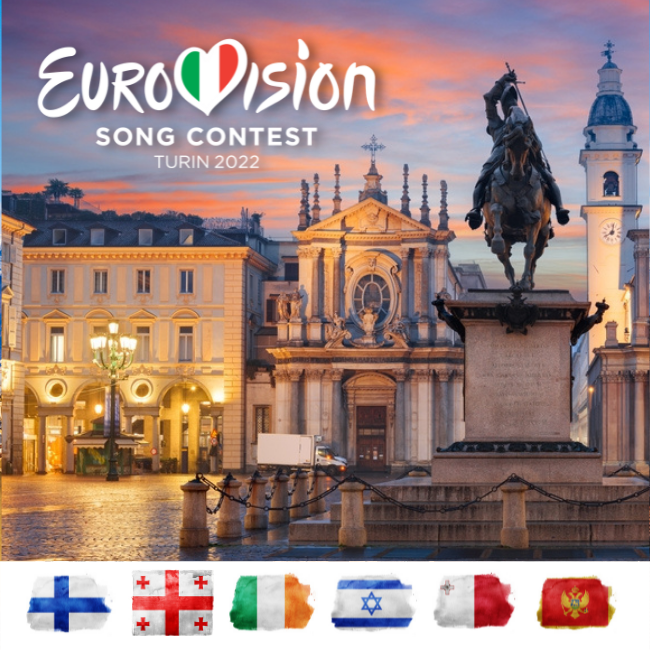
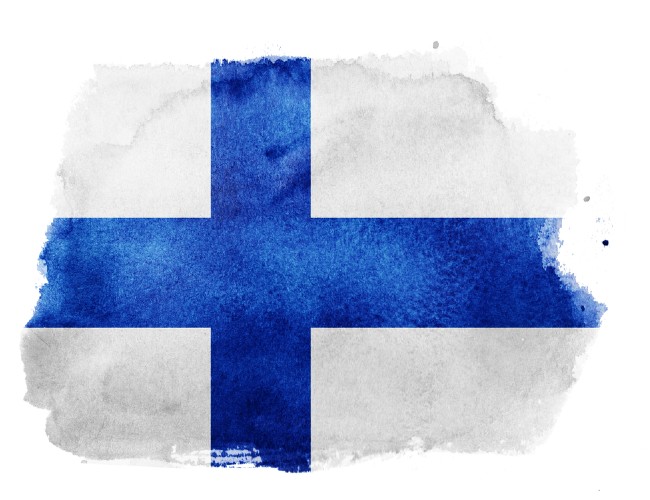
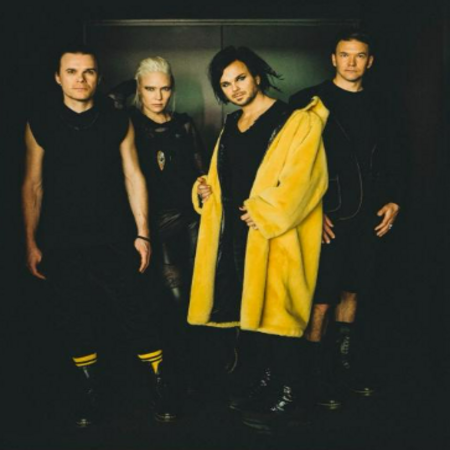
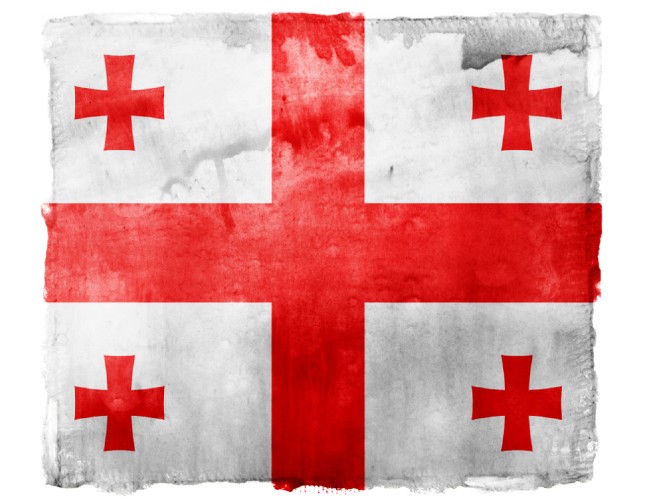
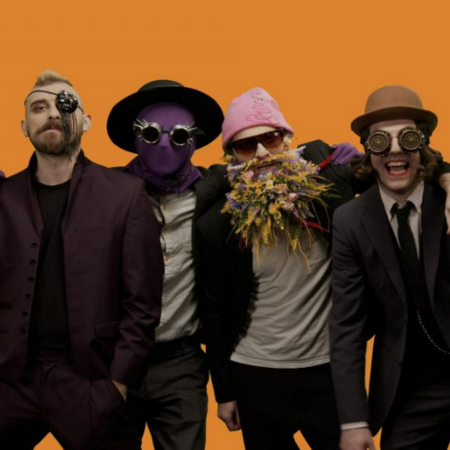
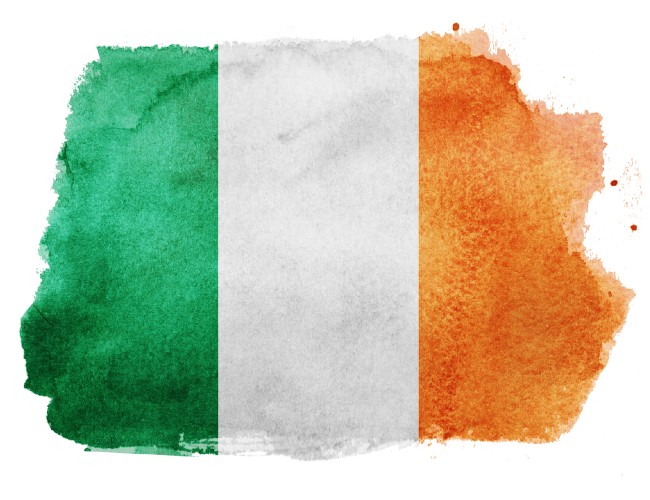
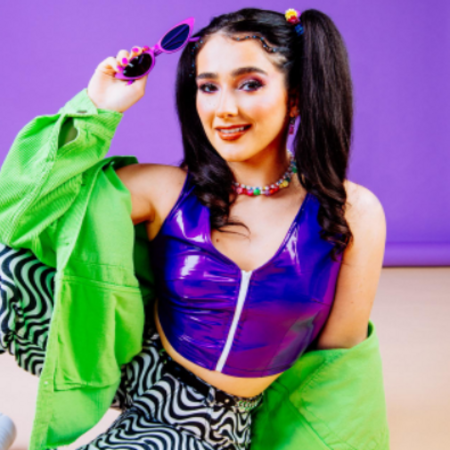
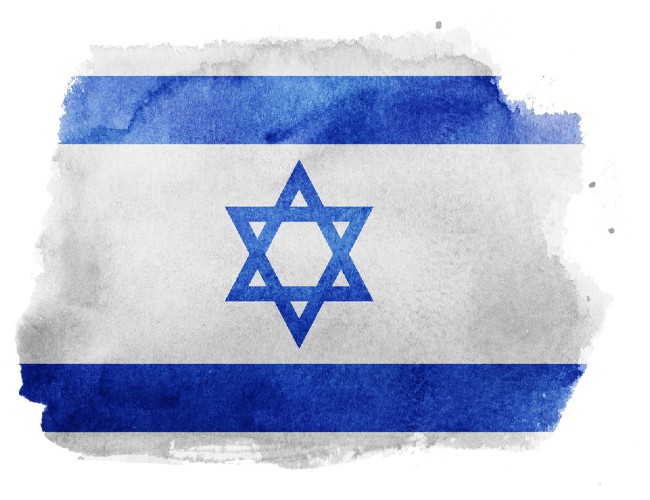
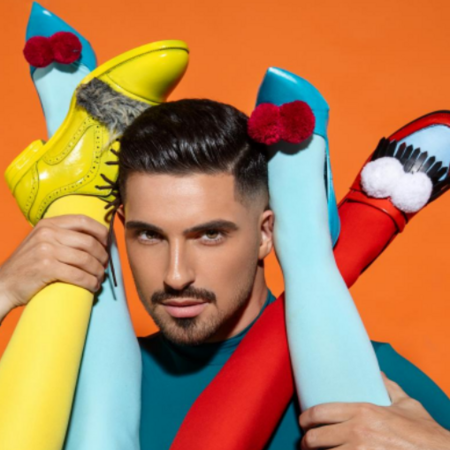
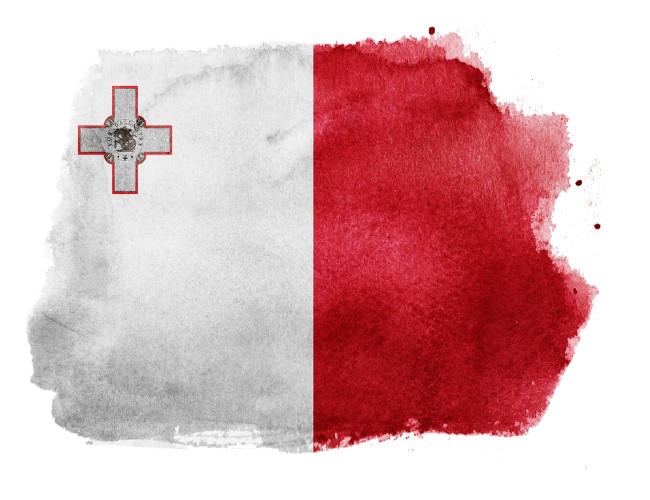
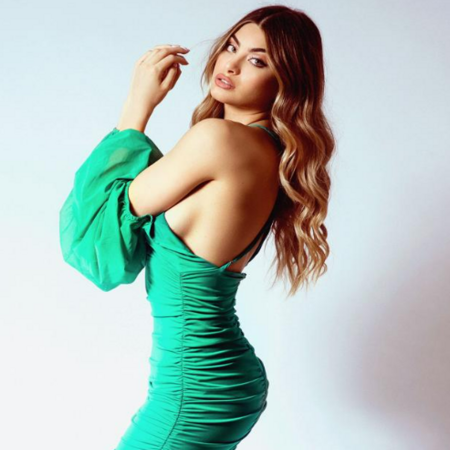
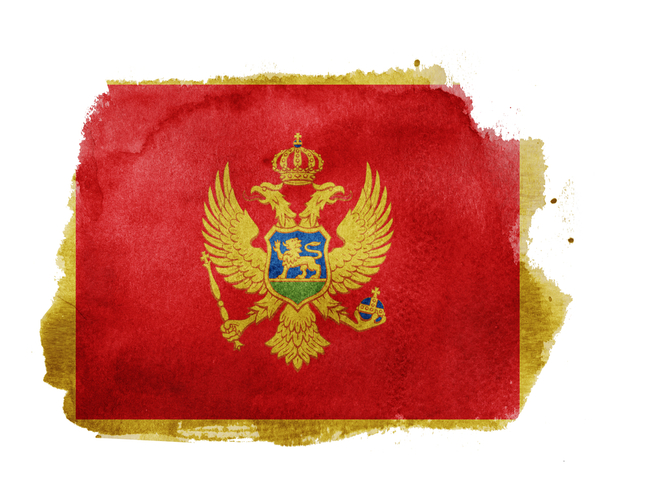
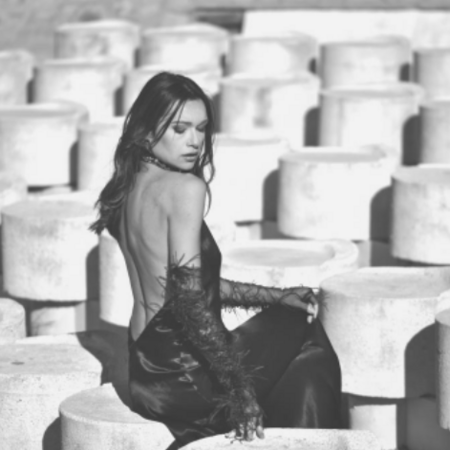
One thought on “Road to Eurovision 2022: Week 5 – Finland, Georgia, Ireland, Israel, Malta, Montenegro (semi-final 2, part 2)”
Comments are closed.